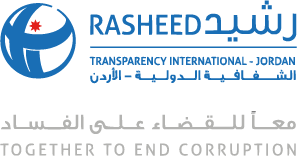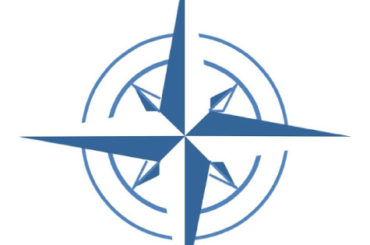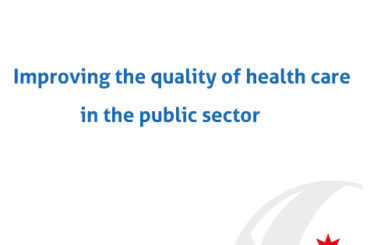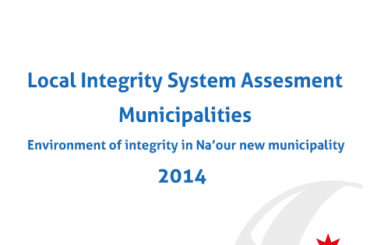Rasheed – Transparency International – Jordan, in cooperation with Transparency International and the European Union, launched today the National Integrity System Evaluation Study, with the participation of representatives from many public institutions, House of Senates and House of Representatives, judicial council, as well as representatives from the civil society, media, and the public sector.
This study is concerned with evaluating the capacities of the main institutions in Jordan, and assess the extent to which it performs the roles related to anti-corruption, reinforcing transparency, accountability, and governance. The evaluation, assessment, and analysis reveals the main problems of which the national integrity system in Jordan suffers.
Institutions that undergo the evaluation process according to TI methodology are 13 institutions that can be classified according to the following: major governance institutions, which are the main authorities in Jordan: Executive, Legislative, and Judicial authorities. The second type is the public sector, law enforcement agencies, and control agencies, including: the public sector, law enforcement agencies, anti-corruption commission, audit bureau, independent election commission, and ombudsmen bureau. The last type is the non-governmental institutions active in the national integrity system, including political parties, media, civil society, and the private sector.
The results of this study indicte that the institutions classified as strong according to this methodology are only the judicial authority, where it obtained a score of (63), whereas the audit bureau received (58), and the anti-corruption commission (57), followed by the independent elections commission received (54), followed by the private sector with a score of (43). Then comes directly the law enforcement institutions with a score of (42), followed by the ombudsmen bureau (42).
Institutions that received a weak evaluation are the public sector (39), followed by the civil society (38), political parties (38), whereas the executive authority received the score of (33), and media (35), followed by the legislative authority (32).
The results of this study emphasize the limited roles performed by the Jordanian national integrity system pillars, with a general weakness in the governance indicators in all pillars, which indicates the lack of a comprehensive vision on the level of legislations and practices that are needed to direct capacities towards achieving the roles for which these institutions where created. The results of the NIS support the main pillars, which are culture, economy, society, and politics, which are essential to the success of any national system. Accordingly, we are in need to reflect these results on the main pillars.
Rasheed is a non-for-profit civil society organization, established in 2013, and it is a chapter in formation for Transparency International in Jordan. Rasheed aims to enhance the level of transparency and anti-corruption in both the public and private sectors, and reinforce the awareness of individuals in all sectors of the importance of transparency, accountability, and reporting corruption, as well as reinforcing legal and executive frameworks governing the national integrity system, through communication, cooperation, and exchanging expertise with international, regional, and national organizations, as well as working on expanding the circle of data and information available for the citizens.




